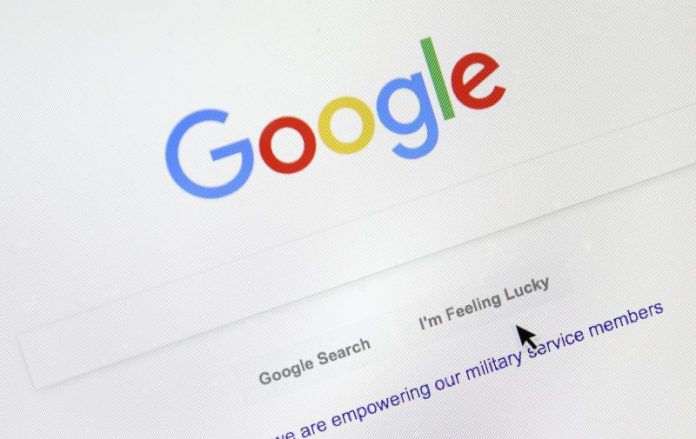
Opinions on President Trump’s budget cuts to institutions like the Department of Education, NPR and PBS tend to differ along partisan lines. But the intent behind these actions is clear: to dismantle longstanding ideological bias within publicly funded educational and media institutions.
However, if the administration’s objective is genuinely to root out institutional bias, its scope must extend beyond traditional media. Trump must also confront the digital giants — most notably, Google, whose influence over public discourse dwarfs that of any single news outlet or federal program.
Google receives substantial financial benefit from federal contracts and partnerships. It has also repeatedly faced scrutiny for partisan behavior and the suppression of conservative voices. While some argue that it is the only realistic option for search, there are alternatives that offer a more balanced experience and directly address concerns about partisan filtering.
In 2019, former Google engineer Zach Vorhies leaked more than 950 internal documents exposing ideological manipulation within the company. These documents, shared with the U.S. Department of Justice, revealed a troubling ecosystem of “blacklists,” manual overrides and algorithmic demotions specifically targeting such right-leaning news sources as Newsmax and The Western Journal.
Public perception echoes these concerns. A Pew Research Center survey revealed that 73 percent of Americans believe social media platforms and browsers censor political views. Among Republicans, the figure rose to a staggering 90 percent.
While partisan suspicion alone is insufficient to prove systemic bias, academic research adds weight to the claim.
Robert Epstein, a behavioral psychologist with credentials from Harvard and former editor-in-chief of Psychology Today, provided peer-reviewed findings to the U.S. Senate indicating that Google’s search manipulation may have influenced up to 2.6 million votes in favor of Hillary Clinton during the 2016 election.
Epstein’s research reveals how subtle algorithmic biases in search results can profoundly influence voter behavior. In certain demographic groups, that swing can climb to an astonishing 80 percent. This influence is particularly dangerous in close elections, where even a small nudge — between 4 percent and 8 percent — could determine the winner. He emphasized that such influence operates below the threshold of awareness, undetectable by users and immune to oversight, making it one of the most powerful and least accountable forms of political persuasion in the digital age.
To be clear, Epstein had no political motive behind his findings. He was a supporter of the Clinton campaign in the 2016 election, said he has never supported a conservative candidate, and has remained center-left throughout his life.
More recent audits show the trend continues. In 2024, AllSides conducted a systematic review of Google’s election-related search results and found that 65 percent were geographically mismatched. AllSides concluded that this misdirection not only limited access to localized, relevant information, it also diminished the digital presence of conservative voices.
Yet despite these troubling findings, Google’s footprint within the federal government continues to grow. In July 2025, the tech giant’s public-sector arm secured a Department of Defense contract worth up to $200 million for artificial intelligence services. Google also participates in the Joint Warfighter Cloud Capability initiative, a $9 billion cloud infrastructure project shared with Amazon and Microsoft.
Through the General Services Administration, Google supplies Workspace tools to numerous federal agencies under a contract projected to save $2 billion over three years. Collaborations with DARPA, NASA, and the Department of Energy further entrench Google within critical government operations.
Google isn’t the only search engine available, but it still dominates the market, accounting for roughly 90 percent of global usage. That said, there are meaningful alternatives worth considering. Luxxle, for example, is a privacy-focused search engine that gives users greater control over their data and the ideological slant of the content they see. Unlike Google, it doesn’t track searches, monitor user behavior, or build consumer profiles.
If the Trump administration truly aims to uphold ideological neutrality and preserve intellectual freedom, cutting off funding to biased government institutions is just the first step. The greater challenge lies in confronting powerful private entities like Google, which function as modern-day gatekeepers of public discourse.
Gregory Lyakhov is a high school student from Great Neck, N.Y., and a nationally syndicated columnist.

